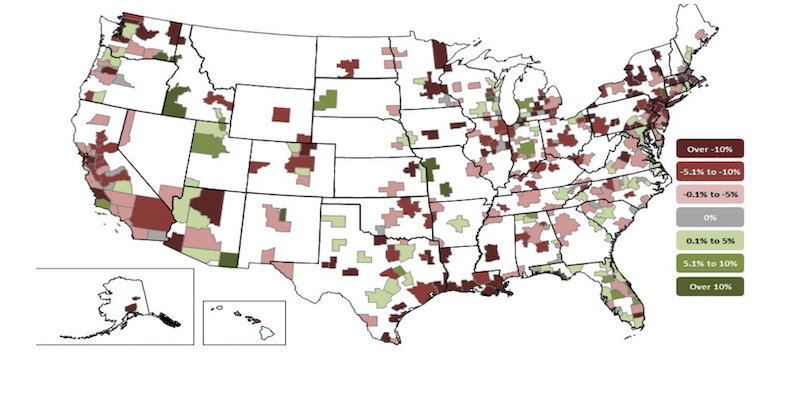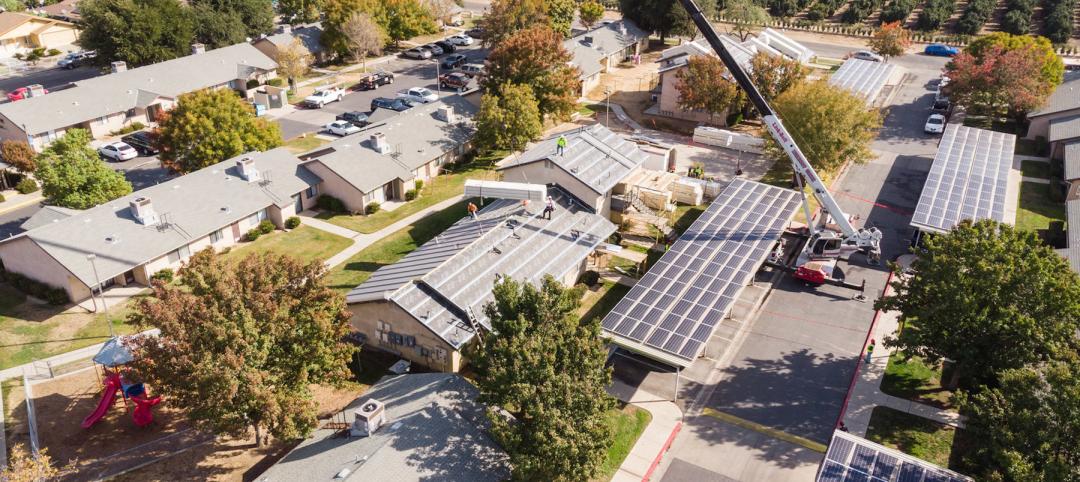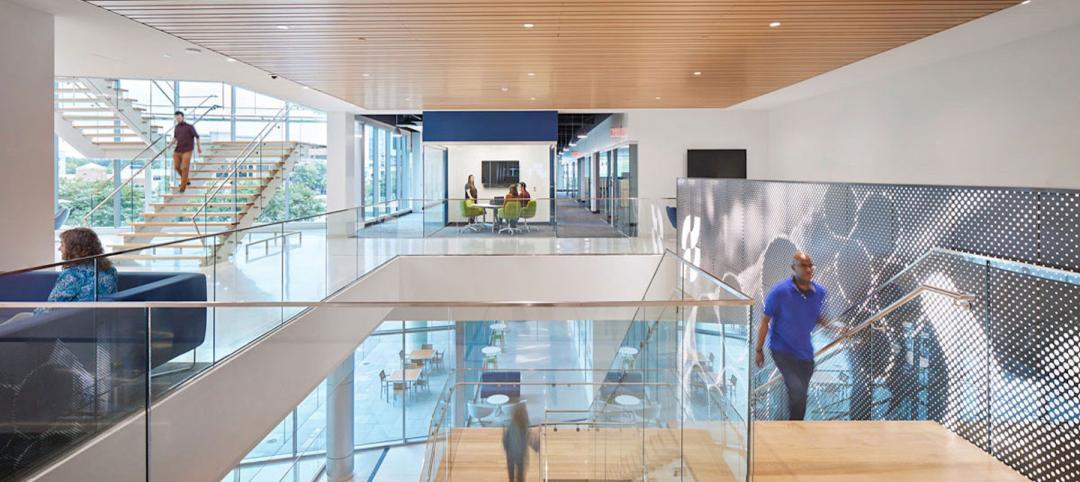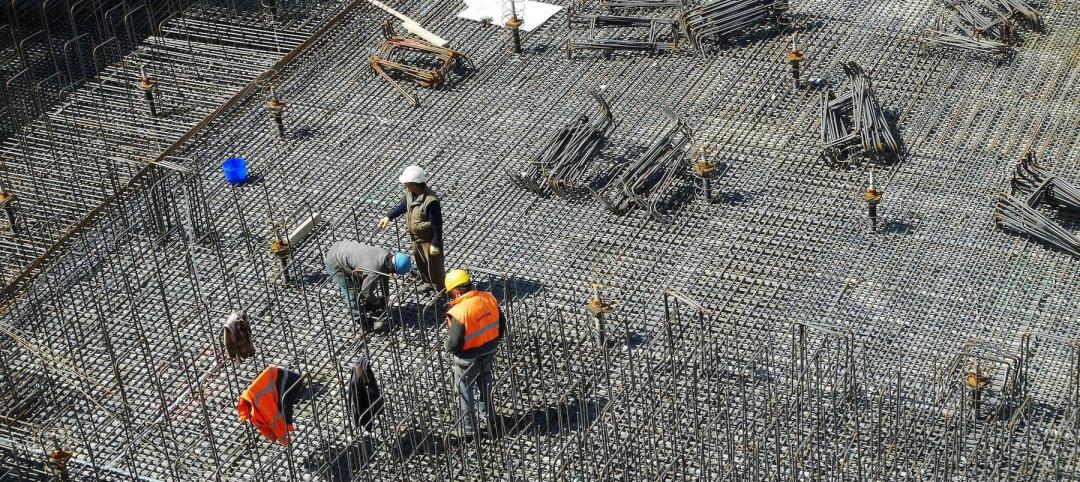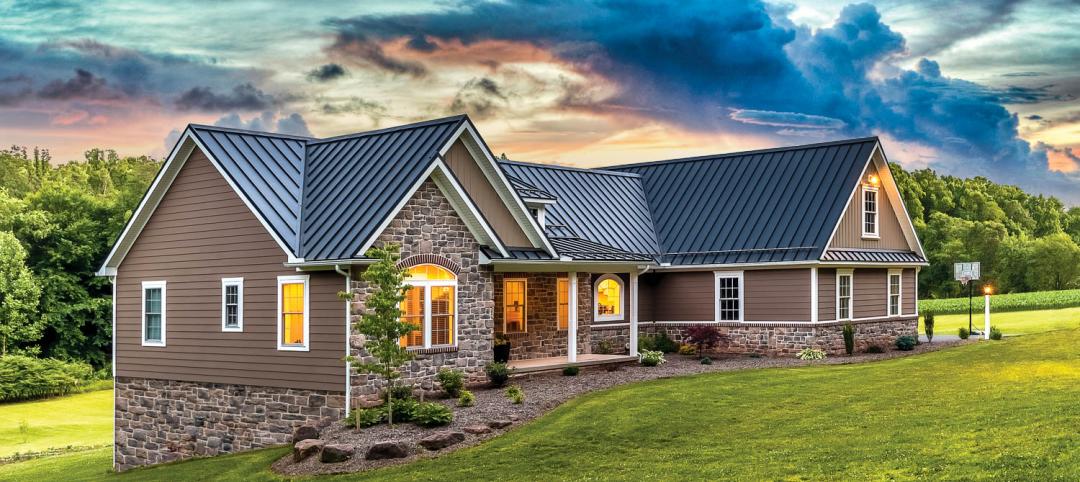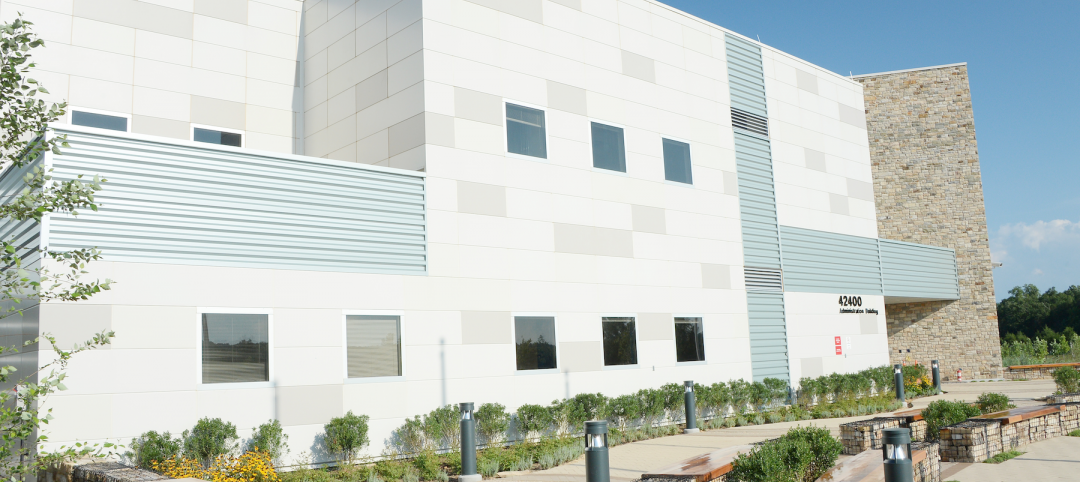Construction officials outlined a series of steps public officials and the construction industry should take to address the impacts of the built environment on climate change. The new initiative from the Associated General Contractors of America is designed to lessen the carbon footprint of the built environment while also making the process of building projects even more efficient.
“The construction industry is the delivery vehicle for building a greener, more climate friendly future,” said Stephen E. Sandherr, the association’s chief executive officer. “Finding a way to ensure that what our members build is more efficient will have a significant impact on climate change.”
Sandherr noted that construction activity accounts for less than two percent of greenhouse gas emissions in the United States. Meanwhile, the built environment accounts for approximately one-third of greenhouse gas emissions. As a result, while the new initiative includes steps construction firms can take to operate more efficiently, the bulk of the effort is focused on pushing for public and private project owners to build more efficient projects and discovering how we can also support them in that process.
Among the measures outlined in the new initiative include calling for a national strategy to invest in physical infrastructure that will make communities more resilient. The association is also calling for an increase in investments and funding opportunities for public and private infrastructure to build more efficient highways, water plants and other facilities.
Public officials should also invest in modernizing federal buildings to make them more efficient. The association is also calling for expanding tax incentives and deductions to encourage the private sector to build more efficient buildings. And the group is calling for expedited permitting for projects that improve efficiency and reduce greenhouse gas emissions.
Association officials also identified steps contractors can take to operate more efficiently. This includes encouraging equipment manufacturers to improve the fuel efficiency of their equipment, helping firms learn how to reduce equipment idling and sharing information about industry innovations like solar powered job site trailers and energy efficient job site lighting.
The new initiative was crafted by a special climate change task force for the association created earlier this year. Representatives from 18 different member firms participated in the task force meetings and helped craft the recommendations outlined in the initiative. “You can’t wish for a greener future, you have to build it,” said Les Snyder, the president of Shikun & Binui America in Pittsburgh and the chair of the association’s climate change task force.
Click here to view details of the association’s new climate change initiative.
Related Stories
Energy | Jul 13, 2022
Electrification of buildings, new and old, furthers environmental responsibility and equity
It’s almost a cliché in our industry, but nonetheless: The greenest building is the one that is already built.
Codes and Standards | Jul 12, 2022
USGBC sets out principles for LEED’s future
The U.S. Green Building Council recently published a report containing principles outlining how LEED will evolve.
Building Team | Jul 12, 2022
10 resource reduction measures for more efficient and sustainable biopharma facilities
Resource reduction measures are solutions that can lead to lifecycle energy and cost savings for a favorable return on investment while simultaneously improving resiliency and promoting health and wellness in your facility.
Building Team | Jul 1, 2022
How to apply WELL for better design outcomes
The International WELL Building Institute (IWBI) cites attracting top talent, increasing productivity, and improving environmental, social or governance (ESG) performance as key outcomes of leveraging tools like their WELL Building Standard to develop healthier environments.
Green | Jun 22, 2022
The business case for passive house multifamily
A trio of Passive House experts talk about the true costs and benefits of passive house design and construction for multifamily projects.
Sustainable Design and Construction | Jun 14, 2022
For its new office, a farm in California considers four sustainable design options, driven by data
The architect used cove.tool’s performance measurement software to make its case.
Building Team | Jun 13, 2022
Partnership rethinks emergency shelters to turn them into sustainable, resilient homes
Holcim and the Norman Foster Foundation have struck a partnership to rethink emergency shelters to turn them into sustainable and resilient homes.
Green Specifications | May 12, 2022
MG2’s Sustainable Materials Evaluation System
Learn how MG2’s Sustainable Materials Evaluation System helps clients, prospects, and staff choose the most environmentally feasible materials for their building projects. Candon Murphy, LEED GA, Assoc. IIDA, Design Lab Manager and Materials & Sustainability Specialist with MG2, speaks with BD+C Executive Editor Rob Cassidy.
Sponsored | BD+C University Course | May 5, 2022
Designing with architectural insulated metal wall panels
Insulated metal wall panels (IMPs) offer a sleek, modern, and lightweight envelope system that is highly customizable. This continuing education course explores the characteristics of insulated metal wall panels, including how they can offer a six-in-one design solution. Discussions also include design options, installation processes, code compliance, sustainability, and available warranties.


